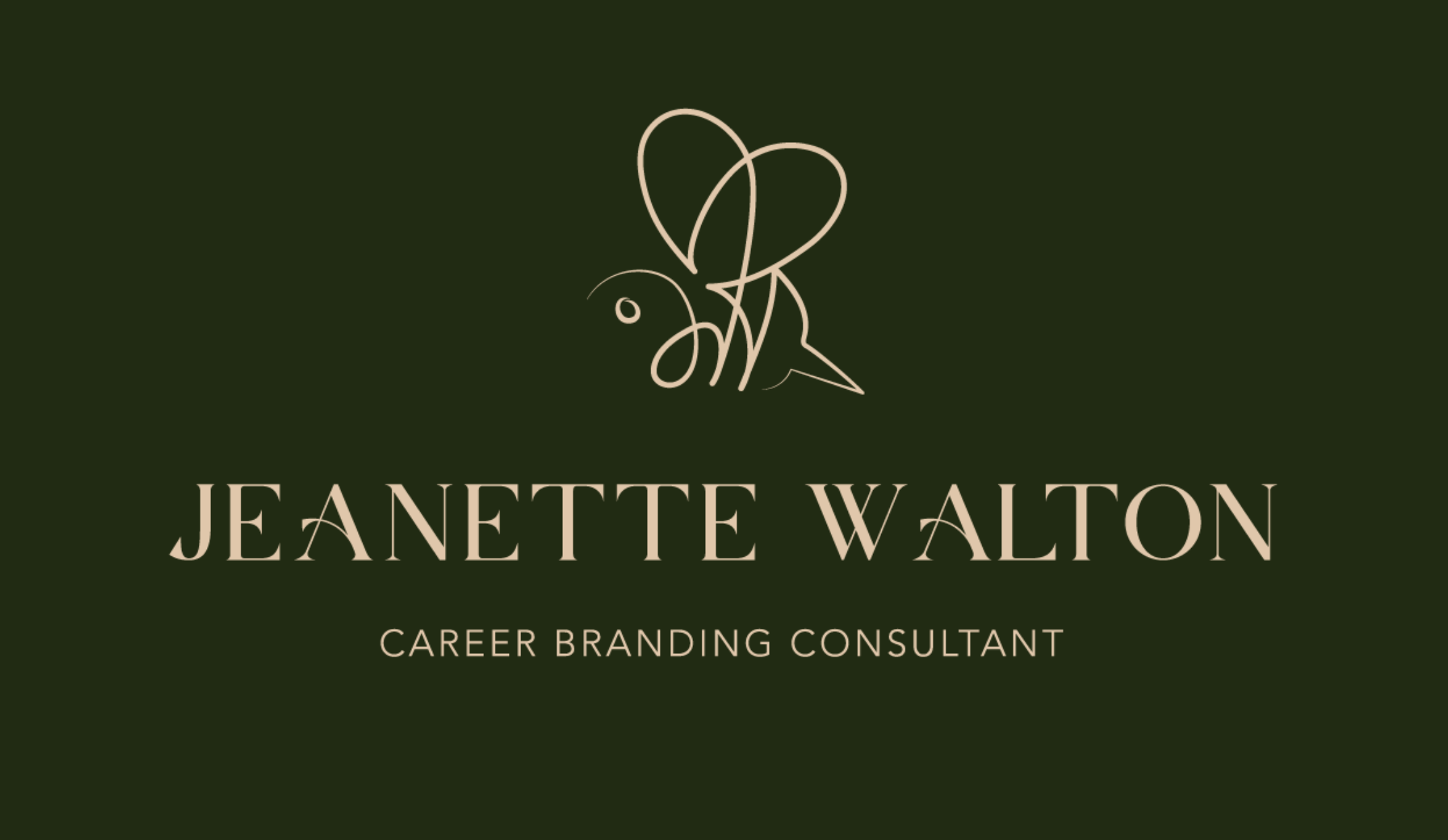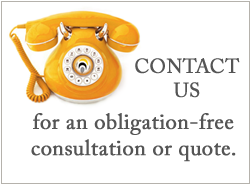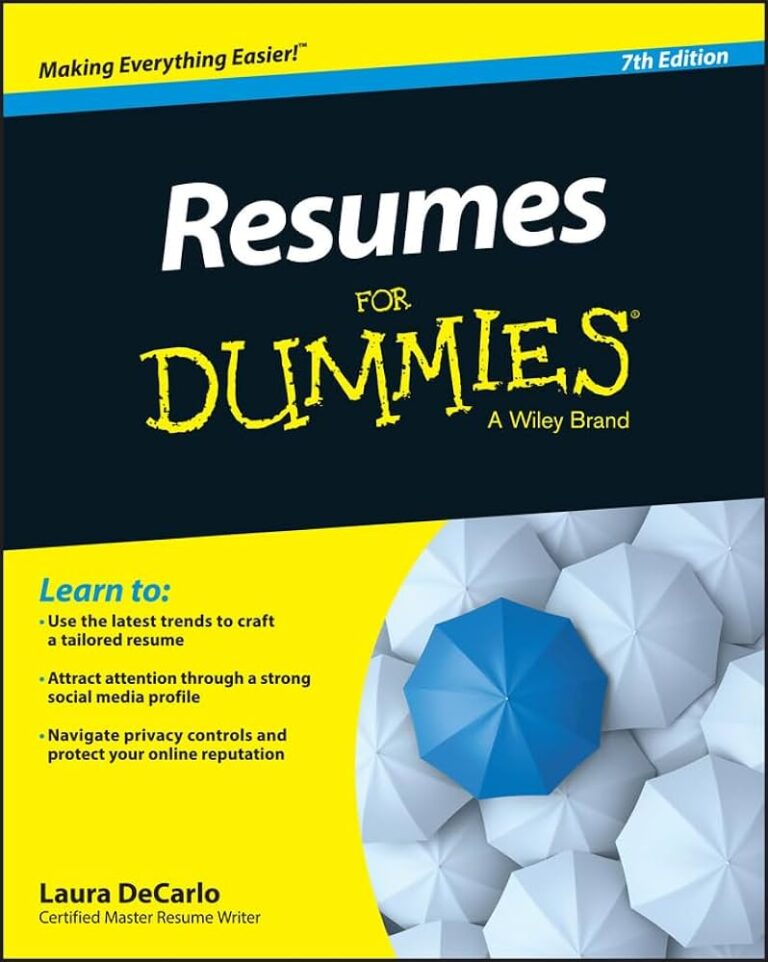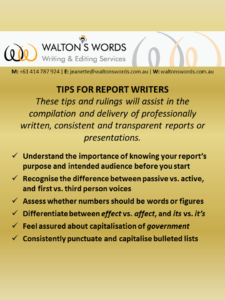While the COVID-19 crisis has no doubt put some businesses and workers on job hold, there are still career opportunities out there. Despite alarming rates of unemployment reported in the media, the Australian Bureau of Statistics recently cited a slight increase in nationwide employment (up by 0.9% between June and July 2020). Furthermore, a recent survey in the USA found that more than half of employer organisations had paid (or still planned to pay) for salary increases in 2020.
These are some positive signs, particularly for those in the job-seeking career phase. It would appear that effectively negotiating your employment terms remains both justifiable and foreseeable.
“It may be helpful to know that when it comes to salary negotiation, employers expect it from their candidates. One survey found that 70% of managers expect candidates to negotiate their salary and benefits, and in 2018, 55% of job seekers negotiated their salary.” (indeed.com)
Do your research
It’s going to be highly beneficial to obtain insights on your preferred employer, including how COVID-19 may be impacting. Perhaps through someone who already works there, or by asking investigative questions in the lead-up to the interview. Understanding any potential issues/constraints, while also highlighting your employee assets, will strengthen your ability to navigate job negotiations. It may also demonstrate to the company that you are thoughtful of their specific circumstances, and that you have fully considered whether you’ll be the right fit.
“Research as much as you can about the organisation – its history, corporate culture, competitors, profitably and future plans, for example.” (Dean Davidson, Executive General Manager, Hudson Recruitment Australia)
Read the room
In addition to preparing for the job interview, it’s important to actively monitor the ‘vibe’ during the interview. Are you coming across as likeable, such as when discussing your salary? It’s good to convey self-assuredness, including via clear validations on why you’re worth it, but be careful not to come across as arrogant. Observe responses and reactions, and adapt your approach as necessary. Also keep in mind that some interviewers, such as the HR representative, may have less power than the boss (for instance) when it comes to negotiating your job terms and conditions.
“Open body language, like a slight leaning in or a warm smile, can send a visual signal that you’re excited to be interviewed and eager to learn more about the position.” (idealist.com)
Be open & realistic
Keep your job interview responses honest and upfront, even when it comes to the tougher questions like why you’ve been out of work for a while. In your preparation, consider how you can put a more positive spin on the relevant answers, such as responding that you’ve been taking your time to find the right employer. It’s also important to pragmatically consider the ‘bigger picture’ when discussing employment terms, such as whether a lower salary is offset by the opportunity to progress your professional capabilities. There’s likely to be more scope to negotiate and manoeuvre if you’re communicating to prospective employers that you’re sincere as well as flexible.
“Believe in yourself! Have faith in your abilities! Without a humble but reasonable confidence in your own powers you cannot be successful or happy.” (Norman Vincent Peale, US Author & Minister)
It’s somewhat of a balancing act to factor in your own needs and objectives as well as your prospective employer’s, particularly during these more economically challenging times. But the more you prepare and reflect, and the more you can demonstrate that you’re an employee worth fighting for, the more likely you are to negotiate satisfactory employment terms.
___________________________________________________________________
If you’ve been considering a change in career direction and/or increasing your future job opportunities, it may also be time to consult a professional resume writer. From spicing up a LinkedIn profile to overhauling a resume and adding an often-critical cover letter, to writing up selection criteria attuned responses, Walton’s Words thrives on creating career documentation that helps you to stand out. Give us a call or drop us a line if you would like to discuss your resume writing needs further.




